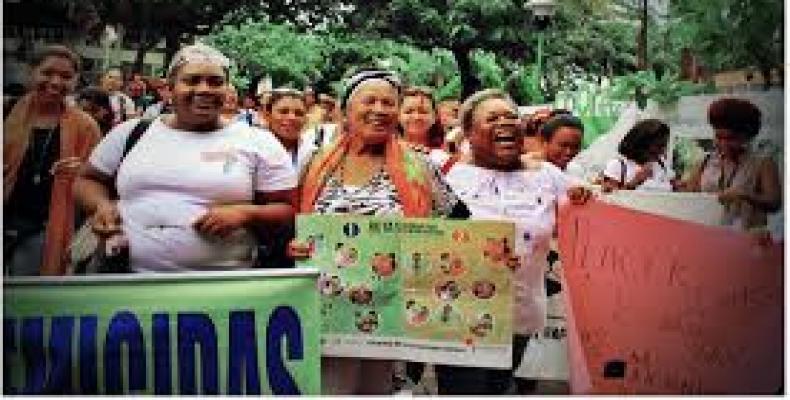Mexico, October 10 (PL-RHC)-- The ancestral rights of indigenous peoples and Afro-descendants were addressed in the Second Session of the Regional Conference on Population and Development in Latin America and the Caribbean, which concluded Friday in Mexico City.
During the panel 'Indigenous Peoples: multiculturalism and rights', emerged the existence of more than 800 indigenous peoples in the region and how 'inequalities still persist'.
Possession of territories by indigenous communities for centuries was exposed, as well as the need for immediate action to stop the devastation of natural resources and the need to observe, how climate is “being modified and threatens us and Mother Earth”, according to panelist, Dulce Patricia Torres, representative of Continental Network of Indigenous Women of the Americas.
Maria Teresa Zapeta, coordinator of the International Fund for Indigenous Women of Guatemala, also stated that an important element is the recognition of indigenous peoples and the Montevideo Consensus as a step forward.
The panel 'Afro-Descendants: rights and fighting racism and racial discrimination', included a talk by Nicaraguan Dorotea Wilson, general coordinator of the Network of Afro-Latin American, Afro-Caribbean and the Diaspora Women.
Wilson also mentioned the Montevideo Consensus as a work guide and “the gaps and inequalities that have historically affected Afro-descendants.” She stressed that the aspect of greater complexity is the acceptance of the existence of racism.
The Montevideo Consensus was adopted during the 1st session of the conference, held on August 12 to 15, 2013 in Uruguay and is considered the most important intergovernmental agreement signed so far in the region, in terms of population and development.


